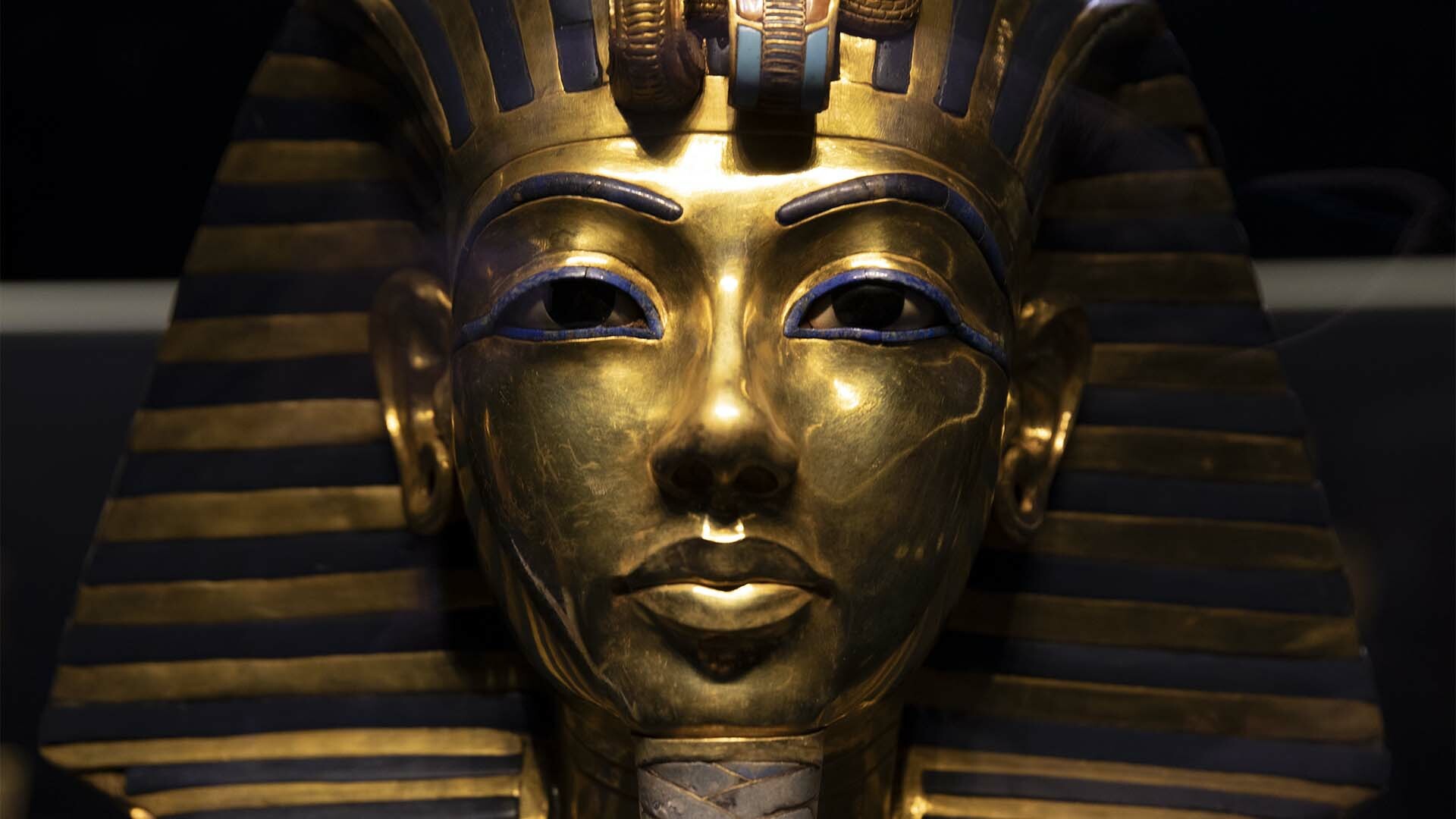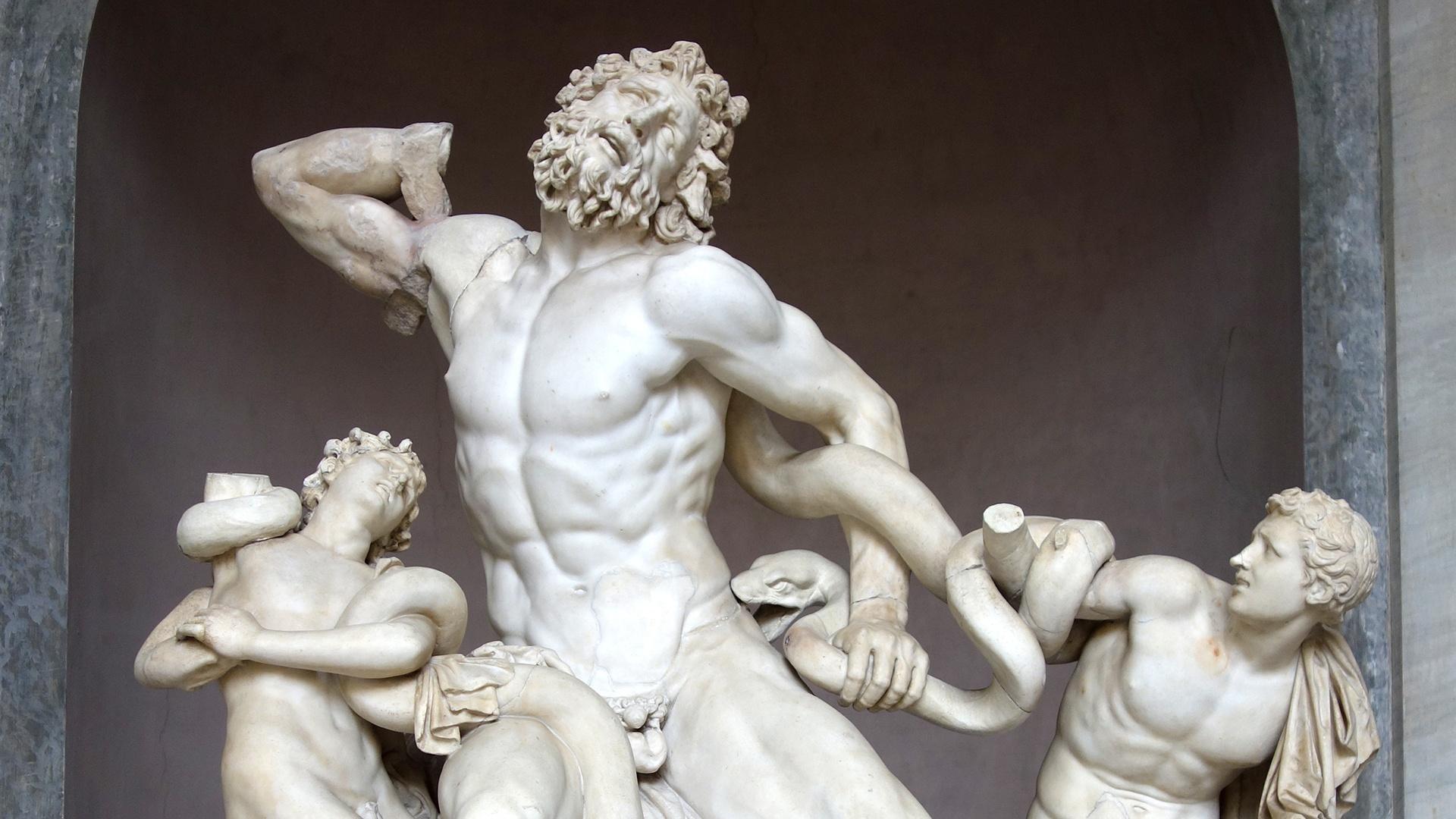The Best Documentaries About Ancient Rome, the Roman Empire
Ancient Rome in a Nutshell
This edition of History In A Nutshell travels back to antiquity; to some of the earliest days of Western Civilization: Ancient Rome! This expose briefly covers the rise and fall of Rome, including: founding, transition from monarchy to republic, The Punic Wars, the fall of the republic, the reign of the emperors, Christianity, and Rome's collapse.
The history of the Roman Empire can be divided into three distinct periods: The Period of Kings (625-510 BCE), Republican Rome (510-31 BCE), and Imperial Rome (31 BCE – CE 476).
One of Rome's most famous rulers was Julius Caesar, a self-appointed dictator. When Caesar rose to power in 60 BCE, Rome went from a republic to an empire. Caesar also expanded the boundaries of Rome and for the first time it included regions across the Mediterranean Sea. Following Caesar's assassination (you know the story,) civil wars and conflict were contained briefly by Caesar's heir, Octavian, in partnership with a Roman general named Mark Antony. In 31 BCE Octavian overtook Egypt (which was ruled by Queen Cleopatra, in alliance with her husband Mark Antony) to become Augustus, the first emperor of Rome.
From there the Roman Empire continued to grow in size and influence. Emperor Trajan, a Spaniard and the first Roman emperor to be born outside of Italy, rose to power in 98 BCE. He oversaw the empire at its largest. The empire extended across Europe to Scotland's border, the Middle East, and parts of Northern Africa.
The city of Pompeii was a thriving part of the Roman Empire when Mount Vesuvius erupted in 79 CE. The massive volcanic eruption buried the city and most of its inhabitants. Archaeologists have been able to study Pompeii in recent years and learn valuable details about what life was like for people in the Roman Empire.
Gladiators, Sports and Entertainment in the Roman Era
This episode looks at the historical significance of sports in ancient cultures, emphasizing the immense popularity of events like the Olympics in Greece and the Ludi Romani, or "Roman Games," in Rome. Arya explains how these events were deeply intertwined with religious rituals, aimed at venerating and appeasing the gods who were believed to protect the city and its people.

The best of PBS, straight to your inbox.
Be the first to know about what to watch, exclusive previews, and updates from PBS.
What Caused the End of the Roman Empire?
In this episode of Secrets of the Dead, explore what happened just before the fall of the Roman Empire in 476 CE. The End of the Romans investigates the deadly plagues and climate change that could have led to its demise.
Support your local PBS station in our mission to inspire, enrich, and educate.
Pompeii and Life in the Roman Empire
The city of Pompeii was a thriving part of the Roman Empire when Mount Vesuvius erupted in 79 CE. The massive volcanic eruption buried the city and most of its inhabitants. Archaeologists have studied Pompeii in recent years and learned new, valuable details about what life was like for people in the Roman Empire.
We have two documentaries that go in-depth with archaeologists in Pompeii that you need to watch if you want to know more about how Romans, particularly the wealthy ones, lived: Pompeii: The New Dig and Secrets of the Dead: Last Days of Pompeii.
One of the Oldest-Ever Depictions of a Pizza
Ancient Pompeii's Modern Solution to Traffic Jams
Pompeii's Secret Underworld
From NOVA: For over two centuries, archaeologists have hailed Pompeii as a sophisticated city at the heart of an advanced ancient civilization. But a series of new excavations is painting a much more complex picture of the city tragically buried by the eruption of Mount Vesuvius in 79 CE.
Emperor Nero
Nero (37 – 68 CE / reigned 54 – 68 CE) has quite a life story. He rose to the throne from the Roman senate because his mother Agrippina murdered the previous emperor, Claudius, and poisoned Claudius's son and rival, Brittanicus. When Nero was in power, he acted upon the worst impulses. His advisor, Seneca, and Agrippina tried to control Nero, but were unsuccessful. Nero responded by having his mother murdered. Stories of his cruelty grew and spread throughout Rome. When the Great Fire of Rome occurred in 64 CE, it was was said that Nero sang instead of trying to help. By then Nero was reviled by his citizens, the Senate revolted against him. He was a public enemy and fled Rome entirely out of fear of being assassinated.
Learn more about Rome under Nero from the Secrets of the Dead episode titled: Nero's Sunken City. In this clip, forensic scientists and historians describe Nero as "a cruel, eccentric psychopath who persecuted Christians and, it’s said, burned Rome to the ground. Baiae was his escape where he could indulge in his sadistic fantasies. Nero spent a fortune on indulgent banquets in Baiae. But these banquets weren’t just about food. They featured sex and debauchery."
Emperor Julius Caesar Sorting Rome’s Problems
In this clip from Julius Caesar: The Making of a Dictator, we are treated to a reenactment of Julius Caesar handling business and making radical changes as Rome's dictator.
When Caesar returned to Rome after three years fighting a civil war against Pompey, the city is in dire straits. Caesar was made dictator for 10 years, and set about implementing a program of reforms. He fixed Rome’s grain supply; he repaired Rome’s crumbling infrastructure, and had the Senate rebuilt. He also amended the Roman calendar – giving us the same calendar we use today.



